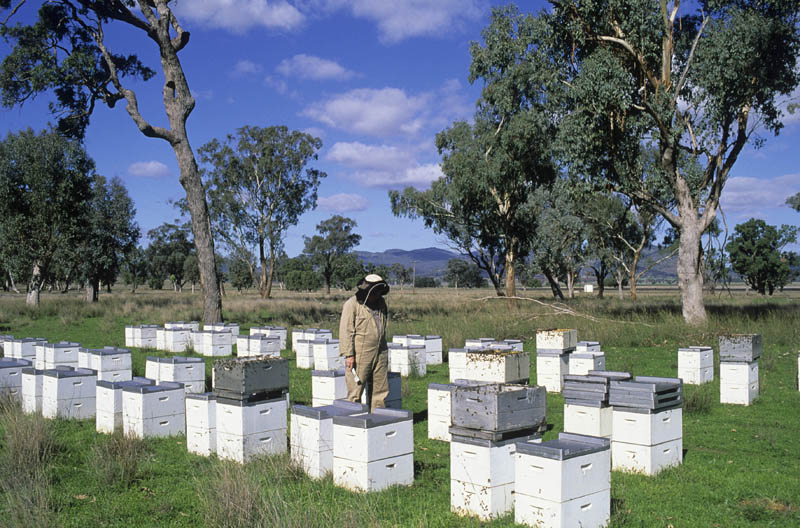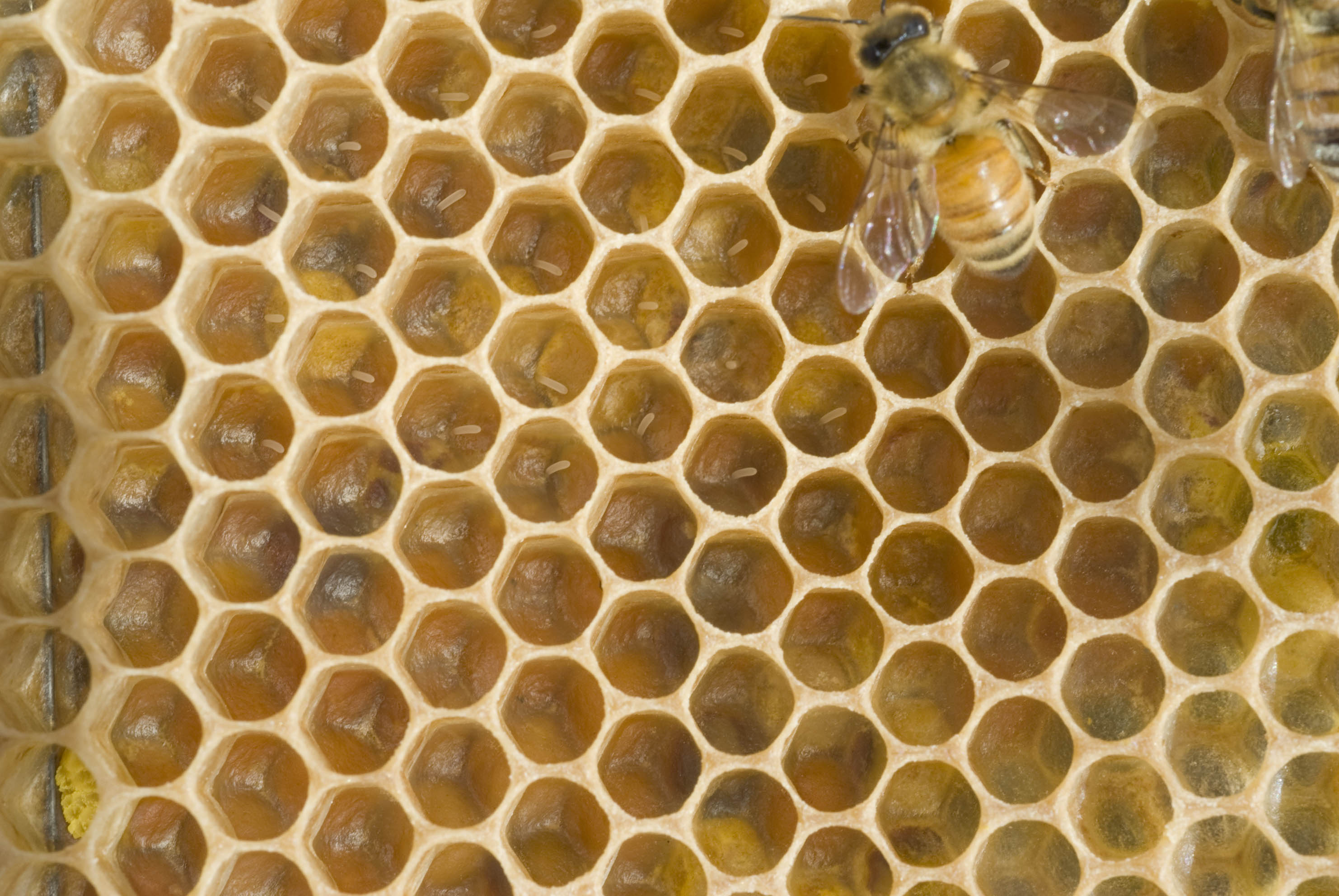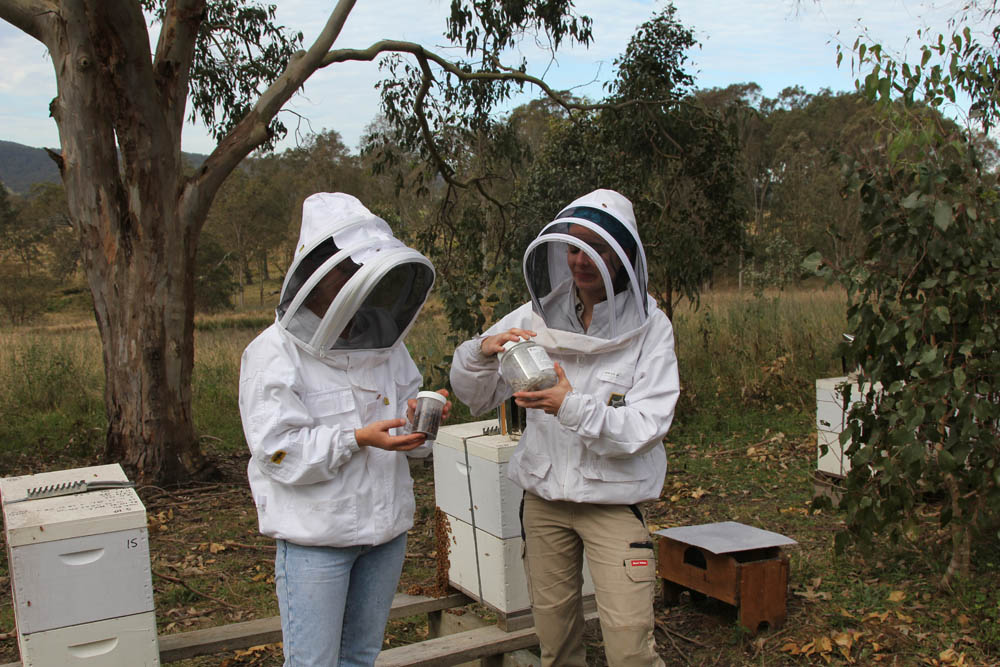- GVP $45 million est. Down 22% year-on-year.
- Industry impacted by Varroa mite biosecurity activities through 2022-23.
- Higher domestic honey stocks have put downward pressure on bulk honey prices.


Price
Pollination services provides an important additional component for beekeepers’ incomes, apart from providing an essential service to many horticultural and some cropping industries. In 2021 the average pollination fee ranged from $50/hive for macadamia, $155/hive for almonds and $160/hive for blueberries. 11 More recently hive prices for almond pollination in 2022, which occurs over July to September, averaged $162. The service fee reflects a number of factors including the competition between individual crop growers and between industries during peak pollination periods, the cost of preparing and delivering hives long distances, and the damage that the particular crop and production system has on the bees. 11
Trade
NSW Exports of honey and beeswax by value 35
- United States
- China
- Hong Kong
- Malaysia
- Korea, South
- RoW
NSW Exports of honey and beeswax by volume 35
- United States
- Malaysia
- Hong Kong
- United Kingdom
- China
- RoW
Outlook
In terms of seasonal conditions, the near-term potential for honey production is supported by the floral resources which have benefitted from the wetter conditions of the last two years and experienced through much of eastern Australia.
Stronger Primary Industries Strategy
Tocal training targeting emergencies
Strategic Outcome

- 4.1 Anticipate and prepare for adverse events

Delivering training to respond to biosecurity emergencies
In a world where biosecurity threats pose an ever-increasing risk, effective biosecurity is essential to safeguard Australia’s economy, environment and community.
Biosecurity Emergency Response Training Australia (BERTA) was introduced to strengthen Australia’s biosecurity system and provide a consistent, rapid and efficient response to biosecurity emergencies. BERTA is a crucial tool in ensuring the country’s preparedness and capacity to respond to incursions of animal and plant diseases and pests. Providing consistent, quality and targeted training to biosecurity personnel ensures a coordinated and effective response. Tocal College maintains the training materials and helps to deliver the accredited training Australia-wide through a partnership with Animal Health Australia and Plant Health Australia. Updating and refining the training modules will ensure BERTA continues to play a critical role in supporting a sustainable and profitable agricultural industry and protecting Australia’s unique ecosystem.


